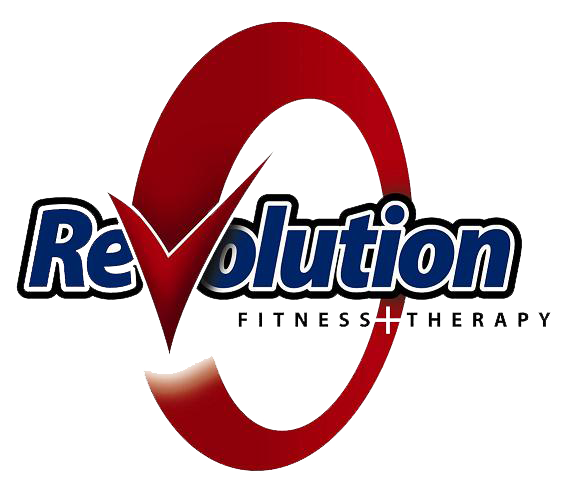I can’t speak to what your social media feed looks like but because I’m connected to a lot of fellow coaches in the industry, there’s a particular leaning to the place alcohol may have in someone’s diet.
There are coaches, like myself, who may imbibe and may post those images on social media.
And there are others who may be sober, in recovery, etc. who are living their best life without alcohol and that becomes part of their message to the world.
As someone who has been clean from drugs for eighteen years, I know what it’s like to struggle with something that is not health promoting.
And that’s where I want to start this week’s article.
Once upon a time, there was some indication that perhaps a small amount of alcohol: 1 serving a day for women, 2 servings a day for men, might have some minor health benefits.
Over recent years, that appears to be inaccurate information. There actually is no healthy serving of alcohol. It’s a known toxin and has no direct health benefit.
That being said, it is “socially acceptable” and if you live in the domestic U.S., over 60% of adults choose to partake, according to a 2023 Gallup survey. Some might argue that smoking is socially acceptable too, and they’re not wrong but that comprises approximately 20% of adults.
So, let’s do a quick refresher on serving sizes of alcohol:
1.5 oz of liquor is approximately 100 calories
12 oz of light beer is approximately 100 calories
4 oz of wine is approximately 100 calories
Depending on your drink of choice, I’d encourage you to measure that out so you can see how much that actually is.
Of note, higher proof liquor (above 80-90 proof) will have more than 100 calories per 1.5 oz serving, IPAs and craft beers will often have double to triple the amount of calories per 12 oz serving and, higher proof wines will have more than 100 calories per 4 oz serving.
Also of note, it’s difficult (not impossible) for wine drinkers to be able to keep the taste of their preferred wine for longer than 24 hours which is why many will finish a bottle relatively soon after it’s been opened. A bottle of wine will contain 600-800 calories on average.
And, let’s not forget that it’s not just the alcohol we’re concerned with when it comes to fat loss, it’s the fact that with alcohol is also some increase in food consumption as well. This typically leads to inaccuracies when it comes to calorie tracking for those who utilize the tool.
Of interest, even though alcohol is not a direct health benefit, it’s been found that there is alcohol consumption in some of the “blue zones” where there is the highest concentration of centenarians. It’s believed that because alcohol is moderated, not abused, and is typically done in social settings, part of the correlation is due to the fact that having a close inner circle and strong support system helps people live longer. It should also be noted that many of these same people eat mostly nutritious diets and are more active.
That being said, if you currently don’t partake, please don’t feel it’s necessary to start, you’re likely better off to abstain. And, if you are actively in recovery, by all means, do all that you can to stay there because you made a very positive decision towards your long-term health.
So, what does this mean for those who would like to keep some in the diet plan?
I have some thoughts to leave you with.
-Be honest with yourself about how well you moderate your intake. If fat loss is your goal, alcohol would be the “easiest” place to cut back because it’s not doing you any favors on a fat loss plan. That might mean reducing how much or how often you imbibe. It may also help you moderate any unwanted food intake as many foods might pair well with a particular type of drink.
-There are two different demographics of note who may struggle with alcohol intake because their bodies temporarily (or permanently) don’t metabolize alcohol like before: those who struggle with IBS and women in the menopause transition. Abstinence may be worth considering to see if symptoms improve.
-I see a lot of well-intentioned and intelligent sober coaches who come off as looking down their nose at those who drink. You’re not a lesser person because you choose to imbibe. Some people can successfully moderate alcohol just like some people can successfully moderate their food intake. One person isn’t better than the other.
-If you believe that alcohol is taking up more space in your life than it should, consider working with a therapist to help or try using an app like Sunnyside to help you reduce consumption.

